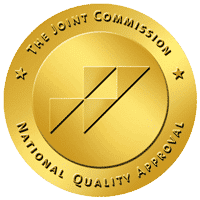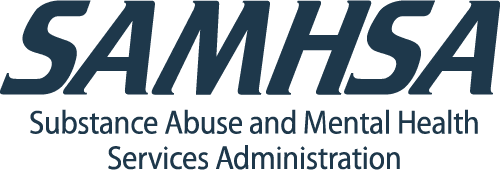
What Happens to Your Body During an Opioid Overdose?



There are a lot of lives that could be saved if everyone knew opioid overdose symptoms. Recognizing overdose effects on the body and seeking medical help immediately can potentially save thousands of lives each year.
Drug overdoses, in general, kill over 67,000 people per year, according to the National Institute on Drug Abuse (NIDA). Almost 870,000 people have died from a fatal overdose in the past three decades. That’s more than the number of people that died in every war since World War 1.
Do you know what the major drug culprit is?
Opioids, including prescription pain pills, heroin, and synthetic opioids like fentanyl. The National Institute on Drug Abuse reported in 2018 that about 128 people died every day from an opioid overdose. With the amount of chronic pain and surgeries that go on each day, pain pills are prescribed by the thousands each day.
Most of the time, there is no problem in pain taking the pain pills, but there are some that will end up addicted. What seemed to start out as an innocent way to decrease pain can turn into a debilitating drug addiction and perhaps even cause an overdose.
Yet, even during the opioid pandemic and the increase in overdoses, many users of opioids do not understand what happens to their body during an opioid overdose. They don’t realize when they are right on the edge of an overdose crisis. If they did, they could immediately call for medical assistance.
It’s imperative that people learn more about opioid addiction and the signs of opioid overdose. Topics like:
Lives can be saved when people learn of opioid overdose symptoms.
In this blog, we will look at the following:
Some people are more at risk of an opioid overdose. Various factors that can influence the risks are:
Those with the most risk of overdose are those that have stopped using opioids for a while. They’ve gone through the detox process, and their tolerance level has decreased.
If they decide to use opioids again and take the same dose they were taking at the increased tolerance level, it can overload the body. This overload is what causes the overdose and potential death.
As with any drug, you must take into consideration the following:
When you learn how opioids affect the body, you’ll know what may happen during an opioid overdose. It doesn’t matter why you ingest the opioid. Once the drug reaches the brain receptors, your mental and physical health is at risk.
Typically, when an opioid attaches to the opioid brain receptors, a neurotransmitter called dopamine surges. This is what causes the euphoric feeling. Physically, your body experiences:
When it comes to opioid overdose symptoms, the amount of opioids in the body increases the severity of symptoms. Because opioids affect the area of your brain that regulates breathing, your breathing can slow so much that you could overdose, going unconscious. Or, you could stop breathing entirely and die.

During an overdose, your heart rate can also slow down considerably. This limits the amount of oxygen that can get into your lungs and body. Lack of oxygen can cause the heart to become dysfunctional and could cause cardiac arrest.
As opioids continue to affect the brain, your body will not be getting the correct signals to function correctly. As a result, your body starts to shut down. In less than four minutes, your brain could become damaged due to a lack of oxygen. You could also experience seizures.
Another danger during an overdose is choking on excess secretions in the mouth. This is better known as foaming at the mouth. There is a chance that you could choke on that extra fluid or inhale it into your lungs, causing serious medical issues.
The symptoms and signs of overdose can vary from person to person, depending largely on things like tolerance, type of opioid used, and the amount. Learn the signs of an opioid overdose. It can save your life or someone you know.
The first three signs to look for immediately are what some refer to as the Opioid Triad:
Further signs that someone is experiencing an opioid overdose include:
If you’re ever in a situation where you’re not sure if you or another is overdosing, seek medical help immediately.
You don’t have time to waste if you suspect you or someone else is experiencing an overdose. Here are some steps to take for opioid overdose:
Opioid addiction is nothing to play around with. Learning more about opioid effects on the body is a must if you or someone you know is addicted to opioids. Getting treatment can help you get free from addiction.
Learn more about how Soul Surgery treats opioid addiction. Call Soul Surgery today (833) 568-6619 and talk to an addiction specialist to discuss your options. We’re here to help you beat addiction and create the kind of life you truly desire.







Take the first step in your journey to recovery.
"*" indicates required fields